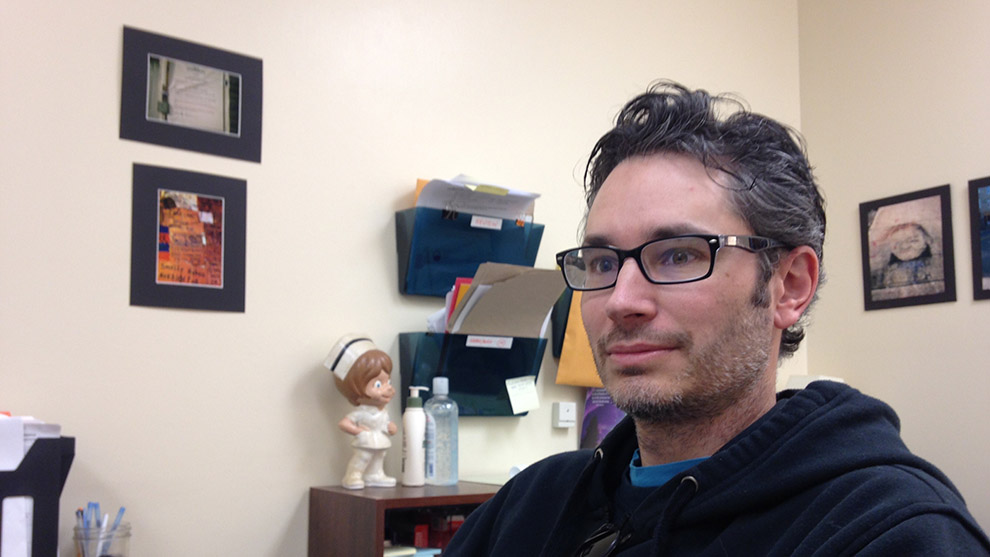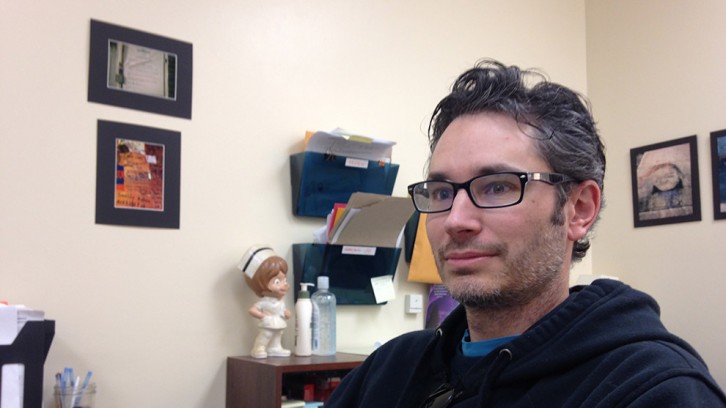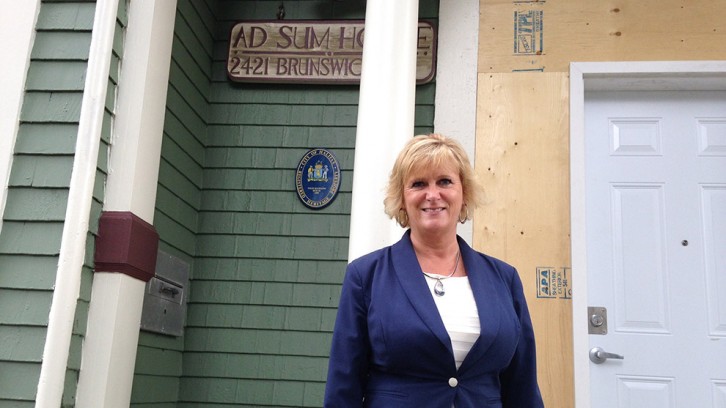Housing
Program plans to take 60 homeless off the street
New Housing First aiming to find homes that best suit the homeless

caption
Team head of Housing First EJ Miller
caption
Team head of Housing First EJ DavisA Halifax community housing initiative will put 50 to 60 at-risk homeless people into homes beginning in the next two to three weeks.
The program, which was announced last July, is a new approach to tackling homelessness, aiming to take the homeless off the street first and then addressing any problems they might have.
“It really challenges our basic assumptions of how to work with folks who experience homelessness,” said EJ Davis. Davis is team head of Housing First, an initiative backed by five partners, including the United Way, the Affordable Housing Association of Nova Scotia and Housing Nova Scotia, the province’s administrative agency for affordable housing.
Housing First is an initiative that’s been implemented in Calgary, Edmonton and other major cities.
Davis works with the North End Community Health Centre and Mobile Outreach Street Health, which are co-ordinating Housing First. The initiative is in its first phase in Halifax and is slated to last until 2019, at which point it will be evaluated.
“The hope is that it will be renewed,” said Neil MacDonald, director of housing services for the Department of Community Services.
Housing First accepts homeless people who are referred to them by credible sources. They then assist these people in finding homes that best suit them, be they apartments, senior centres or elsewhere, providing financial aid.
The program was supposed to begin in early autumn. However, due to delays in scheduling and planning for the first clients to be housed, the programs will start in mid-November.
“It’s a learning process,” said Davis. “There are bumps and bruises along the way.”
“We have an expectation of quality,” he added. “We want to make sure we don’t have any blind spots.”
The program aims to begin by winter, which is the harshest season for homeless people and the one that strains existing resources.
“Winter is the hardest,” said Kathy McNab, communications officer for Adsum. “The inability to get around the city was really what made it so extreme [last year].”

caption
Kathy McNab outside Adsum House on Brunswick StreetAdsum is a shelter and support group for homeless women and children that hosts more than 80 people per night, providing beds and food
“Our heating cost has gone up more than 30 per cent,” said McNab. “But the money we get from the government hasn’t risen for 18 years.”
Phoenix Youth, a group that provides shelter and guidance for young homeless people, offers additional help during winter. It installs emergency shelters and stocks its existing shelters with extra beds. It also co-ordinates with other shelters to make sure everyone has a place to stay.
“We’re always busy at Phoenix,” said Melanie Sturk, director of development for the group. “The cold weather brings additional youth.”
